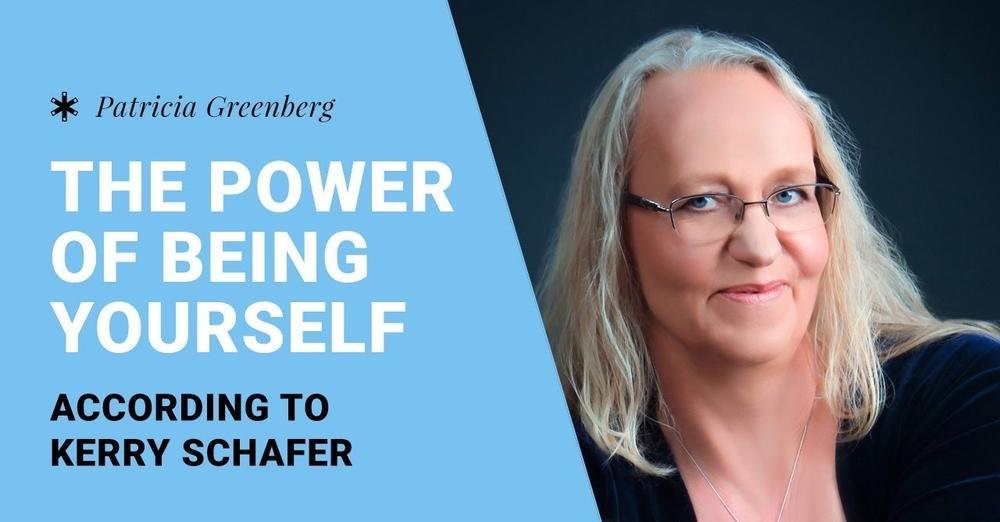
Aging Well: happiness is the magic elixir
I had the fabulous opportunity to sit down with Patricia Greenberg for a chat about aging —not only gracefully, but joyously. We also talked about mindset, ways to calm anxiety, and focus on being your best and happiest self.
Watching this interview after the fact, I was struck by my own journey from an insecure and anxious young person who walked around believing she was horribly flawed and socially awkward, to a confident “older” woman who just really doesn’t have time for people who don’t like or approve of her.

Fit the crappy stuff in the cracks and make room for joy
I recently received an email with the subject: “make room for joys” and it included this line:
“Instead of fitting fun in the cracks (which often means it doesn't happen), let joy get top billing. Fit the crappy stuff in the cracks.” ~ Jeannette Maw
What a concept!!!
Chronic Shock and What You Can Do About It
Who is most at risk for shock?
People who tend to be "care giver" types are at high risk. First responders, including therapists, counselors, and medical personnel, are continually inundated with intense emotions and life and death situations. They are often too busy caring for others to take care of themselves. Individuals who have had personal tragedies, been diagnosed with a serious illness, or had to deal with a financial crisis, may move from stress into shock.
When life comes at us too hard and fast, we move into a fight or flight mode, (sympathetic shock) and/or a freeze mode (parasympathetic shock) and some of us get stuck there.
Natural Food Mood Boosters That Actually Taste Fantastic
As it turns out, not all foods that are good for you taste bad!
Last week I ran across this fantastic list of ingredients to boost and brighten your mood. You know what's on there?
Chocolate.
Maybe you already knew about the chocolate. But also cinnamon. Cardamom. Vanilla.
Just writing these words makes me feel warm and fuzzy.

Sleeping Better
Sleep heals us, body, mind and soul. Unfortunately, insomnia is a wide spread problem. All sorts of things can interrupt sleep:
Pain, kids, cats, worry, stress, noise, electronics, light.
Cats. I mentioned the cats, right? Jumping on your head. Attacking your feet. Running insanely through the house at 3 am howling and knocking glassware off the counter...
